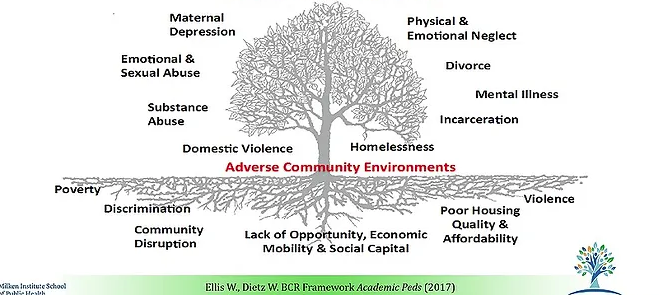
It is now the precise moment and time to expand information and action on climate and health, including mental health.
The health, economic, political, and environmental implications of climate change have a serious effect on all of us. The tolls on our mental health are far-reaching. They induce stress, depression, and anxiety; strain social and community relationships; and have been linked to increases in aggression, violence, and crime. Children and communities with few resources to deal with the impacts of climate change are those most impacted.
To compound the issue, the psychological responses to climate change, such as conflict avoidance, fatalism, fear, helplessness, and resignation are growing. These responses are keeping us, and our nation, from properly addressing the core causes of and solutions for our changing climate, and from building and supporting psychological resiliency.
California residents have been battered in a singular fashion with punishing winds and massive rainstorms delivered by a moisture-laden “atmospheric river” flowing over large parts of the state while much of the rest of the country has suffered from severe, often lethal floods, tornadoes, or snowstorms, it should be self-evident that climate change constitutes a vital threat to our security.
But those storms, along with the rapacious wildfires and relentless heatwaves experienced in recent summers — not to speak of a 1,200-year record megadrought in the Southwest — represent a mere prelude to what we can expect in the decades to come. By 2042, the nightly news — already saturated with storm-related disasters — could be devoted almost exclusively to such events.
Experts warn extreme weather could cause 'climate trauma' pandemic